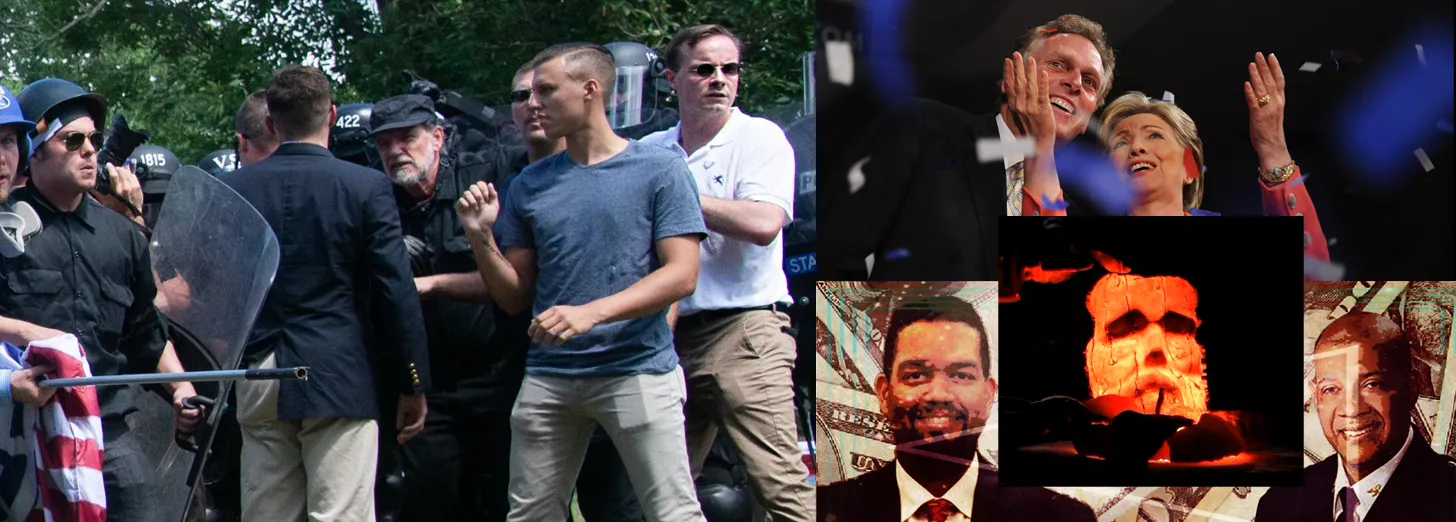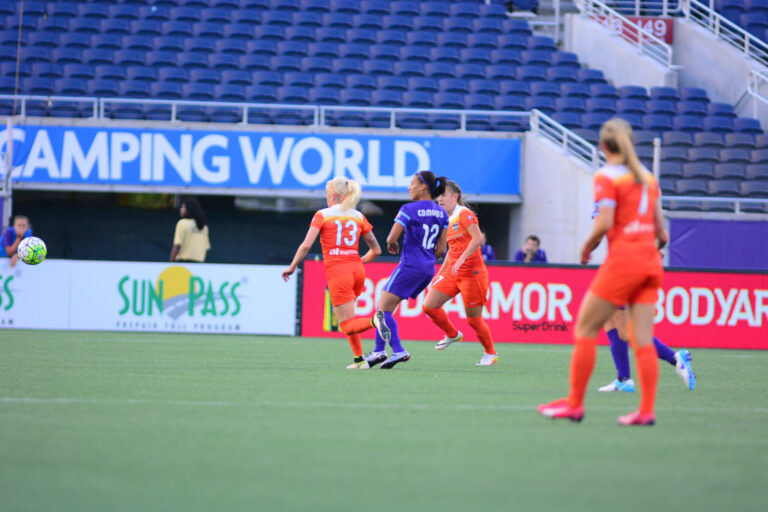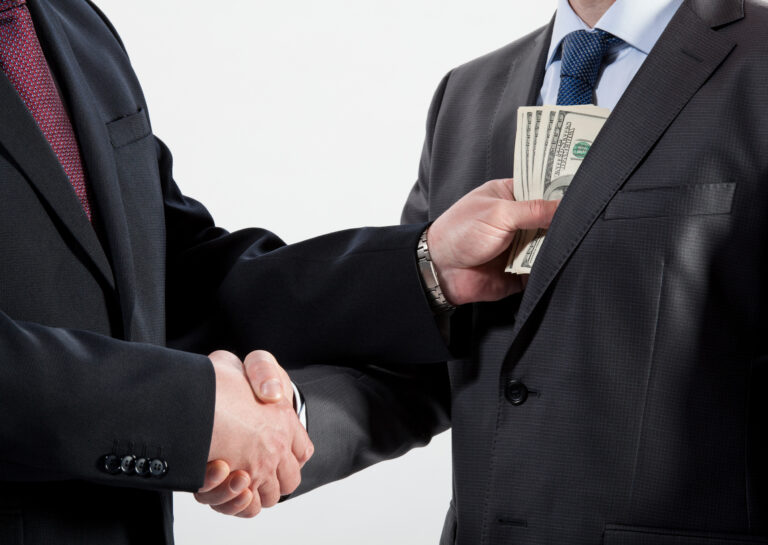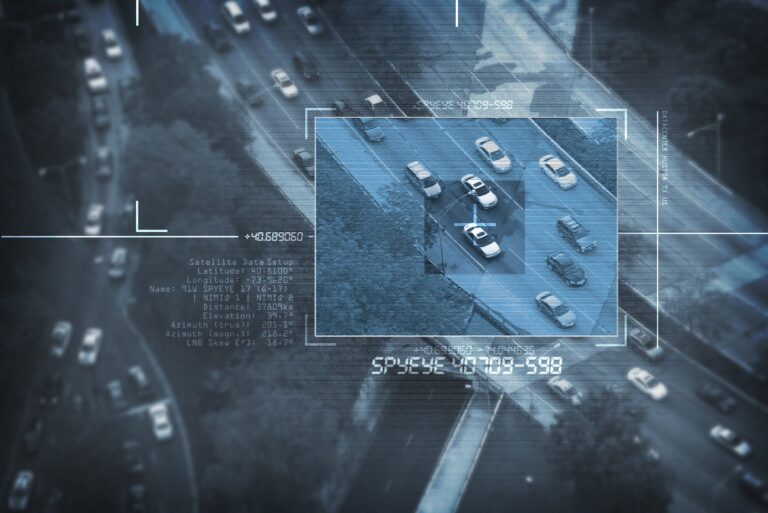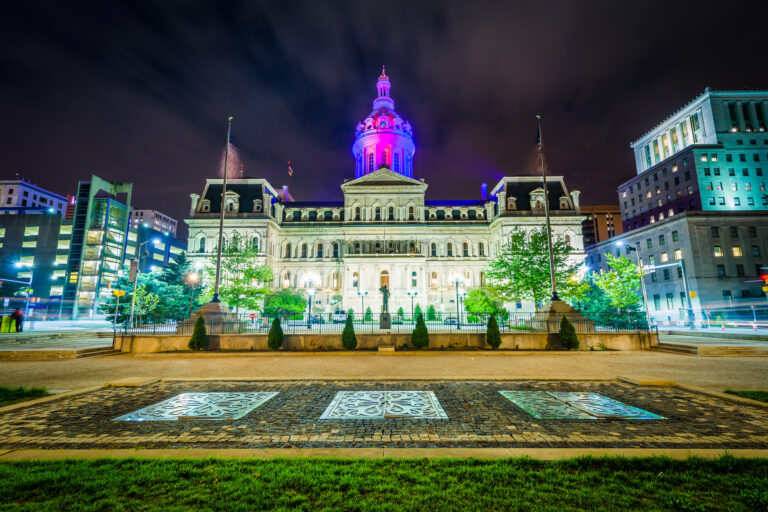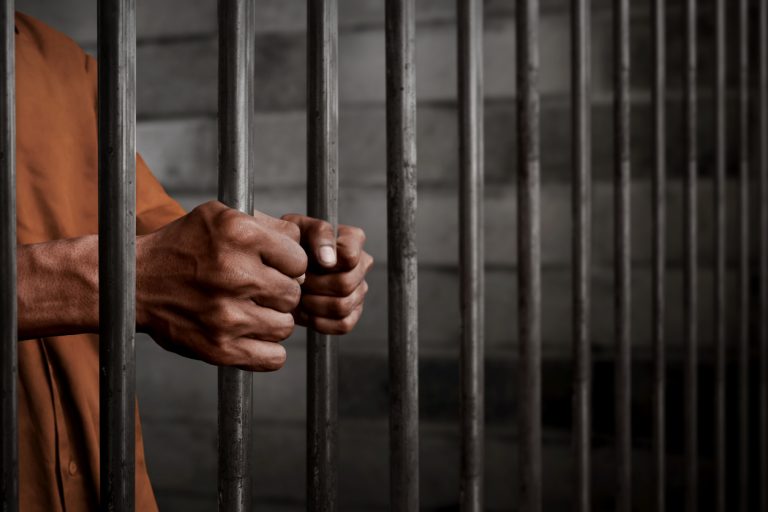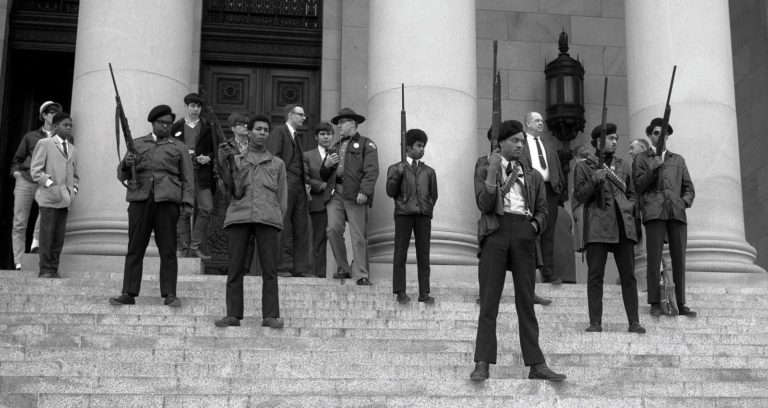The Supreme Court Denies Balogh Certiorari Petition
…But the Fight for Free Speech and Assembly Goes On
By Glen Allen, Esq.
As I mentioned in my February 20, 2025 article on the Free Expression Foundation website, in February 2025 Fred Kelly and I filed a certiorari petition with the U.S. Supreme Court on behalf of Warren Balogh in the Balogh v. City of Charlottesville, et al. case. Warren and Gregory Conte, as you will recall, had filed a pro se complaint in the federal court for the Western District of Virginia seeking redress for injuries the City of Charlottesville and its police department inflicted on them during the Unite the Right rally in August 2017. Fred, Warren, and I filed the petition because we believed – and still believe – not only that the defendants’ conduct had been unconstitutionally partisan but that the case raised critically important issues regarding the proper role of the police to protect unpopular speech. We knew the odds the Supreme Court would grant the petition were against us (the Court grants only about 1% of petitions) but we believed our odds were better than most petitions because of the important issues our case presented. Above all, seeking Supreme Court review was the right and honorable step to take.
On April 7, 2025, the Supreme Court denied our petition. The Court’s decision, although not surprising, is regrettable. The Court missed an opportunity to advance the cause of First Amendment protection for unpopular speech and to admonish the City of Charlottesville for taking sides against Warren and the other pro-monument protestors. The Court’s denial of our petition, however, has not altered FEF’s determination to uphold First Amendment principles even in the face of daunting challenges .
Warren Balogh wrote an eloquent substack article (Warren’s Substack, April 27, 2025) about his case. He has given me permission to quote from it, and I do so below:
Mainstream media reporting on my lawsuit has mischaracterized it as me charging that the police failed to protect us from counter-demonstrators on August the 12th. This is not true. Everyone who attended the UTR rally knows we could have, and did, protect ourselves from violent anti-White extremists. In spite of the fact that the ranks of the counter-demonstrators included professional agitators, violent career criminals, armed thugs and activists with detailed plans to commit criminal mayhem and violence against UTR attendees, the fact is that even with police “standing down” to let them attack us, the vast majority of our people made it into the permitted rally area unharmed.
If police hadn’t intervened, we would’ve been able to hear the speakers and carry out our demonstration during the time permitted, and we likely all would’ve been able to leave the park in an orderly fashion and make it back to our vehicles without anyone getting killed or seriously injured. The problem with Charlottesville, and the reason for my lawsuit, was not principally that police failed to protect our side from the other side, but that police attacked our side and drove us into the other side. They dispersed our rally while failing to disperse the Antifa and BLM counter-demonstrators. In fact, the only place the dispersal order was enforced was inside the tiny confines of the park where we held the permit. Leftist counter-demonstrators were given the run of the streets by city authorities!
As I pointed out to [District Court] Judge Moon in one hearing, if the dispersal order had been enforced as “content and viewpoint neutral” (which is a very serious constitutional legal requirement), then why were hundreds of Antifa still marching around the streets in triumph nearly two hours later, when a frightened young man named James Fields—after plugging in GPS directions to take him back home to his mother in Ohio—accidentally turned down a street and found his vehicle under attack by an armed mob?
Moon’s dismissal of our suit, which was later upheld by the Fourth Circuit Court and reaffirmed by SCOTUS’s declining to review my petition, was based on some very specious interpretation and legal reasoning: that police and officials could not be held liable for acts while carrying out their duties (which doesn’t apply in constitutional matters), that we didn’t include enough particulars about certain defendants (more evidence would’ve come out in discovery, or became known after the complaint was filed). Normally, at the dismissal phase, plaintiffs are to be assumed to have the facts on their side, and this is doubly true in a case of such constitutional import and public interest.
Incredibly, Moon’s court even asserted that peaceful, permitted rally-goers have no right to police protection from violent counter-demonstrators. In my appeal to the Fourth Circuit, one federal judge even asked defendants’ attorneys to clarify their argument that I would’ve had no right to expect police protection even if there was no violence from our side, and all the violence came from the other side. And yes, defendants’ attorneys affirmed it, that was their argument!
During my hearing with Judge Moon, I asked that if their position was that peaceful, non-violent, legal permit-holding demonstrators have no right to police protection from violent thugs who come to shut them down, then how are we supposed to exercise our First Amendment right to free speech and freedom of assembly? Neither Judge Moon, nor defendants’ attorneys, nor the three judges of the Fourth Circuit court, nor the SCOTUS were able to answer that question.
All I wanted is a blueprint on how we can exercise our rights.
If the burden is on us to defend ourselves, then so be it, but let the courts affirm we have the right to defend ourselves. This right was explicitly denied to us by the aftermath of UTR, however. As with James Fields, or the half-dozen or so men who went to prison for defending themselves in the anarchic clashes after the police broke up our rally, we are told we have no right to police protection—but also that we have no right to protect ourselves.
That this makes certain types of protest de facto illegal in the United States should be obvious to everyone. . . .
I am very proud to have waged this legal battle for as long as I could. I’m proud that all my filings and the permanent legal record will stand for all time as documents setting out a factual account of what happened. I’m proud that my children and hopefully my grandchildren and great-grandchildren will one day be able to see how I took the right side in the most important fight of our lives. I’m proud that I was able to wage this battle with a minimum of resources and that I was able to tie up countless enemy attorneys and many, many times the resources I spent in making these corrupt, rotten people defend themselves and their actions. I’m proud my name will be forever associated with this fight.
We should always fight for our rights. As I’ve often said, we need to either force this democracy to work, or make them shut democracy down so hard, it will be obvious to all that it’s an illegitimate sham. . . .
I want to thank Glen Allen and Fred Kelly of the Free Expression Foundation. The original complaint was filed pro se, but I never could’ve appealed it to the Fourth Circuit or petitioned the Supreme Court without their help. They are some of the last honest attorneys in America, and some of the only ones who have any courage. I also want to thank Greg Conte, my original co-plaintiff, and Augustus Invictus, who helped prepare the original draft of the complaint . . . .
I want to thank all those who donated and privately chipped in with legal costs. I never wanted this lawsuit to take away funds from those who were waging their own very critical defensive battles against the Sines v. Kessler suits, or trying to stay out of prison, but thanks to the volunteer work of many men we were able to keep going for a tiny fraction of what a suit like this would normally cost. In this country founded “by lawyers, for lawyers,” the process is often the punishment, the rich and powerful have a decisive advantage and openly brag about using so-called lawfare against their political enemies. But this lawsuit shows how a committed and honest group of men can crowdsource a legal battle that is truly David vs Goliath in proportions.
Lastly I would like to thank every last man and woman who attended the Unite the Right rally on August 11-12th, 2017. This lawsuit was a symbolic fight for all the young men who sacrificed more at Charlottesville than I did: all those who spent years in prison, who had their careers or reputations destroyed, who ended their own lives, who still have the threat of imprisonment hanging over their heads. For all their sakes, it was worth it.

